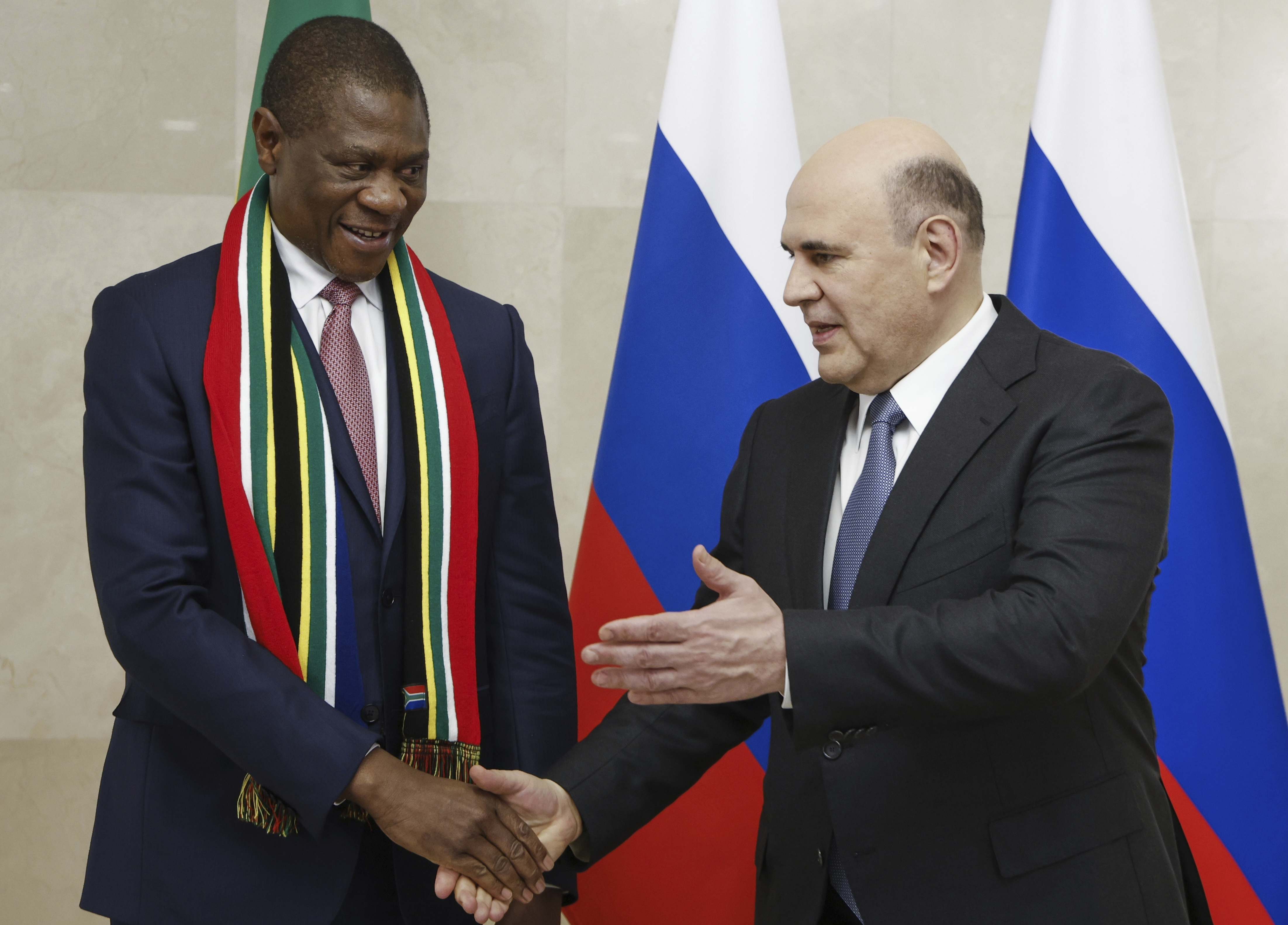Why Russia Is Pushing France Out of Africa – and Why It Matters for the West

As the world focuses on Russia’s war against Ukraine, the Kremlin is quietly opening a second front in Africa — dismantling France’s influence and seeking to replace it with its own neo-imperial system built on private armies, corruption, propaganda, and resource control.
Africa has become one of the key theaters of geopolitical confrontation. For Moscow, it is not merely a source of minerals or a convenient hub for shadow logistics. It is also a field for strategic revenge: undermining the West’s presence—especially France’s political influence—and installing its own model of control.
France’s Influence in Africa: Why It Matters
Decades after decolonization, France has preserved significant sway in French-speaking Africa—primarily in the Sahel, West, and Central Africa. This influence extends beyond cultural ties. It includes military presence, educational programs, financial institutions, intelligence cooperation, political guarantees, and control over the CFA franc currency zone.
For Paris, the stakes are high: security, migration, and access to resources such as uranium from Niger, Gabon’s oil, Burkina Faso’s cotton, and Mali’s gold. These resources are critical for Europe’s survival amid climate change and the global energy transition. Yet after drastically reducing its military footprint, France is left relying almost entirely on soft power.
Moscow’s Playbook: Chaos in Exchange for Resources
Since 2017, Russia has expanded its presence in the Central African Republic, Mali, Burkina Faso, Sudan, and Niger. First through Wagner Group, and later through formal structures of the Russian Ministry of Defense, state media, and diplomacy, the Kremlin offers local elites a deal: security in exchange for sovereignty.
In return, Moscow gains access to gold, uranium, forests, and political leverage. For authoritarian rulers, Russia provides protection against terrorists, suppression of opposition, and profitable schemes for funneling resources into shadow markets. But Russia acts less like a partner and more like a marauder—weakening fragile states for short-term gain.
Why It’s Dangerous Beyond France
Russia’s expansion is not only about Africa—it is about destabilizing the West. By eroding French influence, the Kremlin opens new channels for arms trafficking, drug smuggling, and illegal migration. Control over Sahel transit routes gives Moscow leverage to blackmail Europe with migration crises.
Meanwhile, African votes in the UN often align with Russia, driven by economic dependence, political deals, or outright corruption. France’s withdrawal from Mali and Niger immediately led to increased jihadist activity, shrinking humanitarian aid, and collapsing investment—conditions that could destabilize the entire Sahel up to Europe’s borders.
The Resource Trap: Uranium, Gold, and Leverage Over Europe
At the heart of Moscow’s strategy is resource control. Niger is one of the top uranium suppliers for French nuclear plants. If Russia entrenches itself there, it gains a powerful lever over European energy. Similarly, African gold has become a shadow pillar of Russia’s currency stability under sanctions.
The Kremlin discredits France through propaganda, funds anti-French protests, undermines humanitarian programs, and sabotages educational projects. In public discourse, it poses as a “liberator” from colonialism, while in reality becoming a new predator with a Moscow address.
What the West Must Do
It would be a mistake to view Africa as merely France’s problem. Russia’s push is part of a global authoritarian revanche against the liberal world order. If Moscow secures the Sahel, the next dominoes could be Chad, Senegal, and Equatorial Guinea—areas tied directly to NATO’s Atlantic security.
The response must be coordinated:
-
Strengthen the EU’s military presence in the region;
-
Build new security frameworks with the African Union;
-
Provide large-scale economic support;
-
Counter Russian propaganda with transparent, non-colonial partnerships.
These partnerships should focus on energy, infrastructure, education, and real empowerment for African countries.
France’s retreat from Africa is not the end of colonialism, but the start of a new struggle for the continent’s future. If Paris loses, Brussels may be next. Control over Africa means control over resources, migration routes, and international votes. The Kremlin understands this well. Whether the West does remains to be seen.
Bohdan Popov, Head of Digital at the United Ukraine Think Tank, communications specialist, and public figure